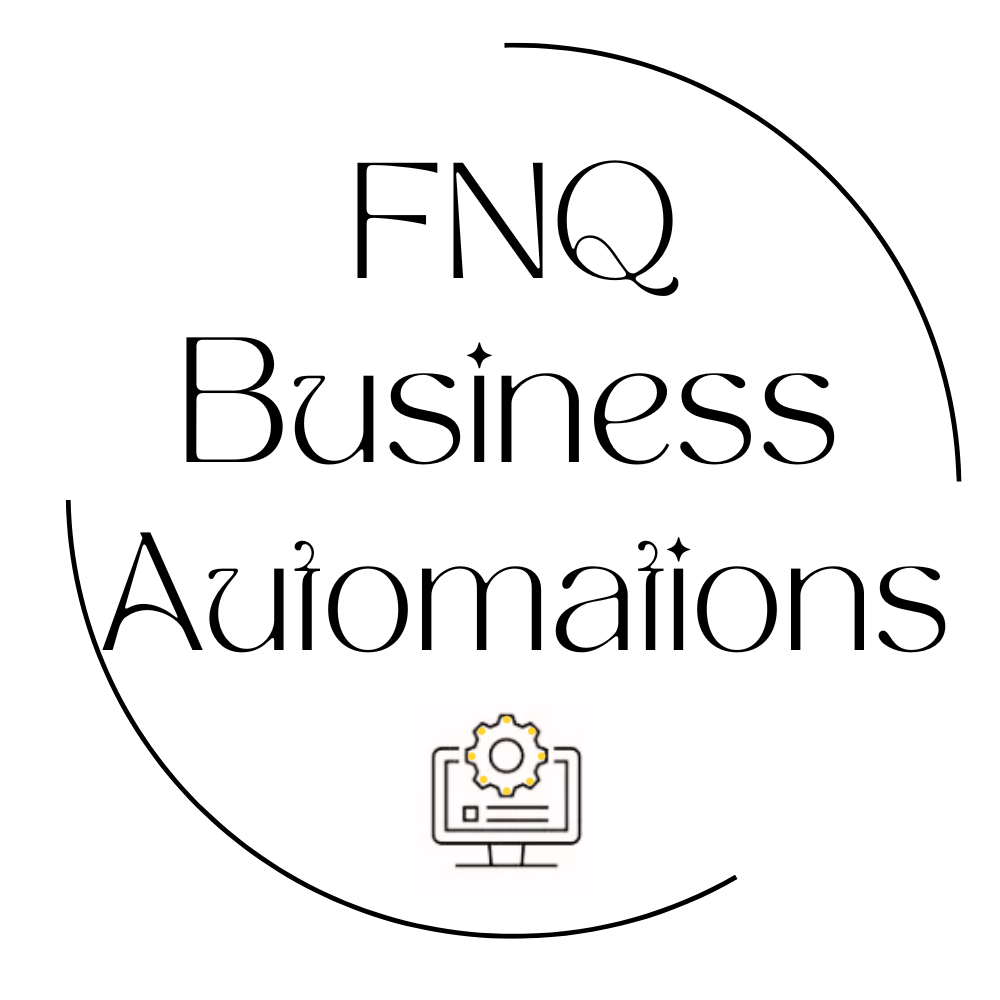AI and the Future of Press Freedom: Navigating Opportunities and Threats
On 3 May 2025, the global community marked World Press Freedom Day, focusing on a timely and pressing theme: “Reporting in the Brave New World: The Impact of Artificial Intelligence on Press Freedom and the Media.” This theme highlights the increasingly transformative role of artificial intelligence (AI) in journalism, showcasing both its potential to support the free press and the serious risks it introduces.
The Double-Edged Sword of AI in Journalism
AI technologies are now widely used in newsrooms to streamline tasks such as data analysis, content creation, and audience engagement. These tools offer valuable support by freeing up journalists to focus on investigative reporting, feature writing, and storytelling that adds depth and context.
However, the growing reliance on AI also introduces significant concerns. These include the risk of homogenised news output, biases in AI-generated content, and the widening technological gap between large media organisations and smaller, independent outlets.
Press Freedom Under Pressure
The United Nations has warned of several serious threats posed by AI to press freedom:
Algorithmic Filtering: Newsfeeds and social media timelines are increasingly shaped by AI algorithms, which can limit exposure to diverse viewpoints and create echo chambers.
Surveillance Risks: AI can be used by governments or private entities to monitor journalists and their sources, posing threats to privacy, safety, and editorial independence.
Disinformation and Deepfakes: AI-generated fake content is becoming harder to detect, eroding public trust in the media and undermining the democratic function of journalism.
These risks are amplified for women journalists, who face heightened levels of technology-facilitated abuse, such as targeted online harassment and AI-generated disinformation aimed at discrediting them.
The Call for Ethical AI Use in Media
To counter these risks, a growing number of experts are calling for clear ethical frameworks around the use of AI in journalism. These should prioritise:
Transparency: Making algorithmic processes and AI-driven content creation visible to both journalists and the public.
Accountability: Ensuring responsibility for errors or harms caused by AI systems lies with those deploying them.
Editorial Integrity: Safeguarding the human editorial judgement at the core of journalism.
The conversation now urgently turns to collaboration between news organisations, tech companies, civil society, and policymakers to ensure AI strengthens rather than undermines press freedom
AI presents journalism with both powerful tools and complex dilemmas. The challenge is not to reject innovation, but to guide it ethically — so that technology enriches democratic discourse rather than distorts it.
(see: Forbes – The Impact of Artificial Intelligence on Press Freedom and the Media, UN News – Reporting in the Brave New World.)
